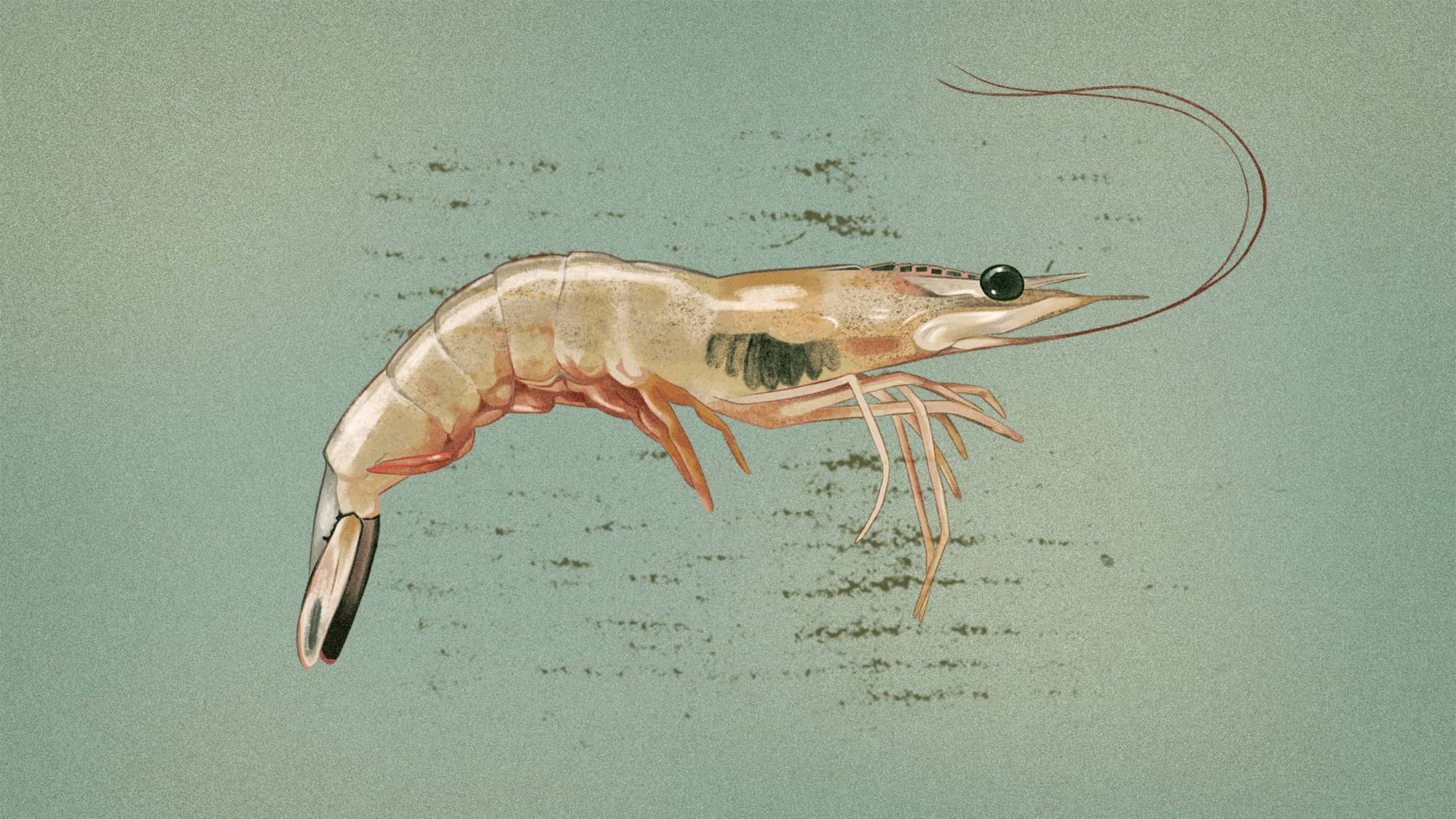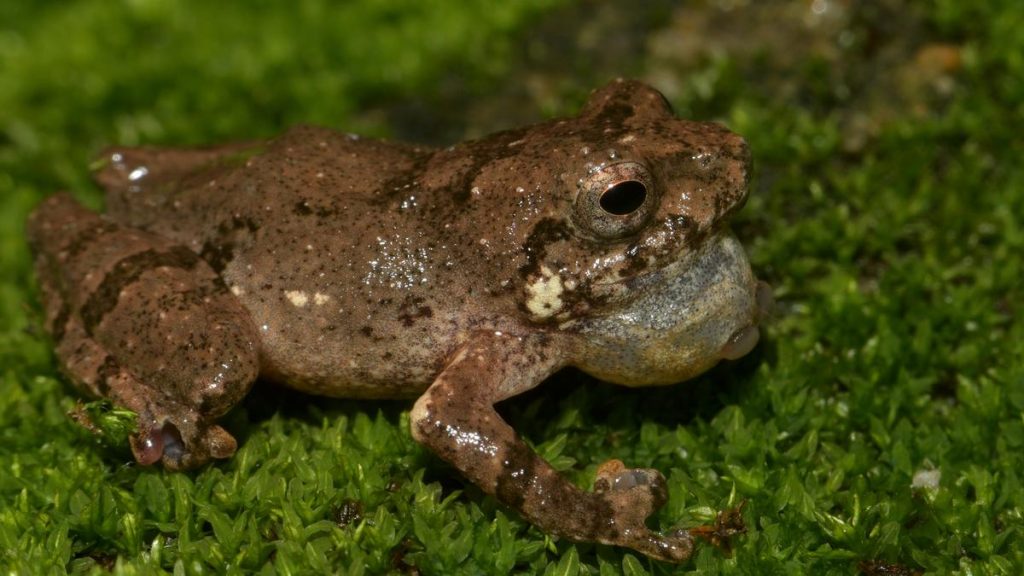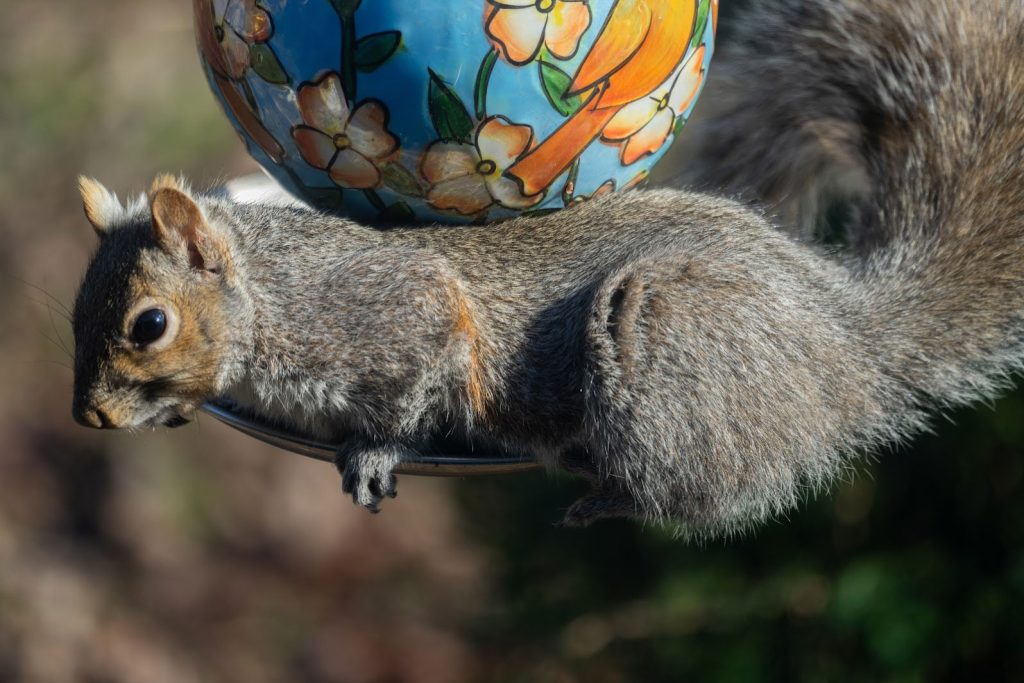Now Reading: Georgia’s Shrimp Industry Struggles with Disease and Import Pressures
-
01
Georgia’s Shrimp Industry Struggles with Disease and Import Pressures
Georgia’s Shrimp Industry Struggles with Disease and Import Pressures

Swift Summary
- Georgia’s shrimp industry is in decline, with the number of shrimp boats reduced from 1,500 in the early 2000s to fewer than 200 today.
- The primary challenge is competition from imported farm-raised shrimp from Asia and South America, which offer lower prices.
- A shrimp disease called black gill, linked to climate change, has also impacted Georgia shrimp populations as the 1990s.
- Black gill affects respiration rates and endurance of shrimp but does not make them unsafe for consumption. Warmer waters may increase its prevalence.
- coastal legislator Jesse Petrea introduced a bill requiring restaurants to disclose the origin of their shrimp in an effort to support local industries; however, it did not pass this year.
- Shrimp processing infrastructure is closing down,leaving fewer docks accessible for unloading catches.
- Researchers emphasize faster scientific response times for emerging diseases driven by changing environmental conditions.
Indian Opinion Analysis
The struggles faced by Georgia’s domestic shrimp industry highlight broader economic and environmental challenges that resonate globally. Similar pressures from low-cost imports and climate-related issues are evident within india’s own agricultural and aquaculture sectors. As a notable example,India’s seafood exports thrive due to cost advantages-positioning India as one of those external suppliers impacting U.S markets-but environmental shifts could pose long-term risks domestically too.
The intersection of foreign trade dynamics with ecological vulnerabilities underscores an urgent need for balancing global competitiveness with sustainability measures. India might draw parallels when considering ways to protect smaller fishing communities while ensuring robust scientific frameworks are in place for rapidly detecting and managing climate-linked pathogens like black gill-which could help safeguard both livelihoods and species diversity along its coasts.
A proposed labeling mechanism similar to petrea’s idea could inform consumer choice alongside reinforcing local production systems-a concept that India may explore further amid growing calls for better transparency within food supply chains.


























